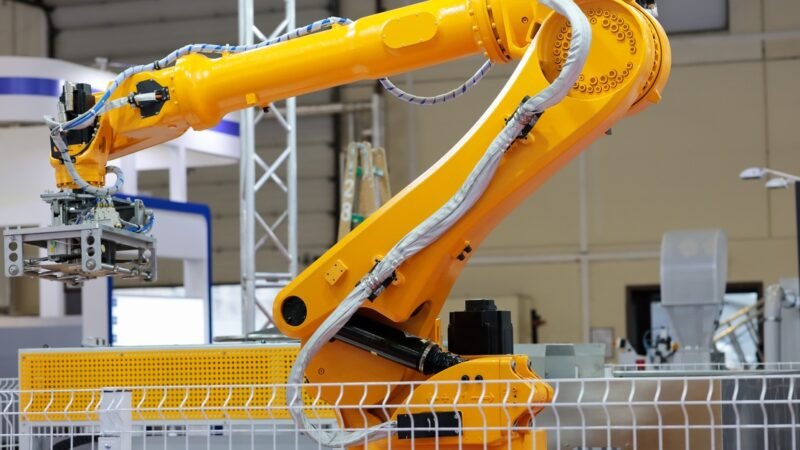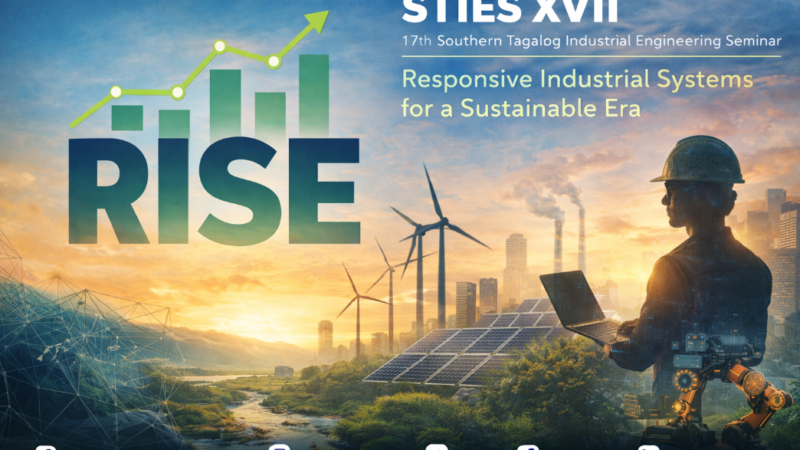Greenpeace calls out Nestle for claims on plastic neutrality
Environmental organization Greenpeace Philippines expressed dismay over Nestlé Philippines’ claim that it has achieved “plastic neutrality” amid lack of concrete plans to cut the production of single-use packaging, and the absence of hard data in the country about their historical plastic production. Instead of adhering to its promise to reduce plastic production globally, Nestlé Philippines’ latest move to achieve supposed neutrality involves sending their plastic waste to for incineration in cement kilns, which poses health threats to communities.
Greenpeace reiterated its call for Nestlé to lay clear targets and timelines on how they plan to reduce its production of throwaway packaging, instead of investing in harmful end-of-pipe practices that only double the negative impacts on people’s health and the environment.
“There’s no such thing as ‘plastic neutrality,’” said Greenpeace Campaigner Marian Ledesma. “Collecting as much plastic you produce in order to burn it and convert it to cancer-causing and air-polluting chemicals and toxins echoes the same ugly strategy Nestlé has used to make people and communities shoulder the costs of the clean up of plastic waste, and the impact of the plastic pollution they created.”
Nestlé, which consistently ranks among the top plastic polluters in brand audits conducted globally[3], claims to care about the plastic pollution, but continues to miss the mark in terms of cutting their contribution. Last month, Nestle said it will switch to paper straws for its ready-to-drink products, which only swaps plastics with equally disposable substitutes.
Greenpeace demands Nestlé to release a comprehensive plan to reduce its reliance on single-use plastics, which shall include transparency about their plastic production and ambitious and time-bound reuse and refill targets. A planned reduction of plastics by phasing out sachets and disposables would omit the need for Nestlé to rely on climate change driving industries for both its production and waste management.
“It is time for the company to stop greenwashing and pretending it can ‘manage’ the billions of single-use plastics it sells every day,” Ledesma said, noting that the country’s top brands, like Nestle, must adapt their systems to attain a waste-free better normal for Filipinos.



